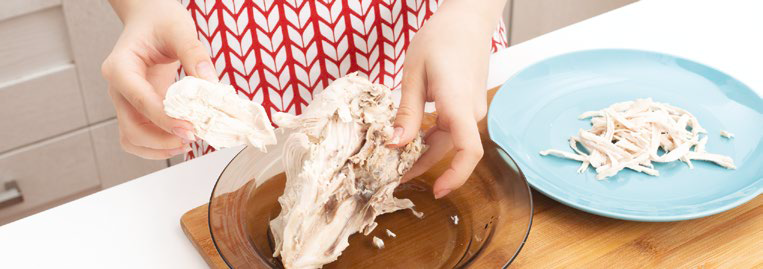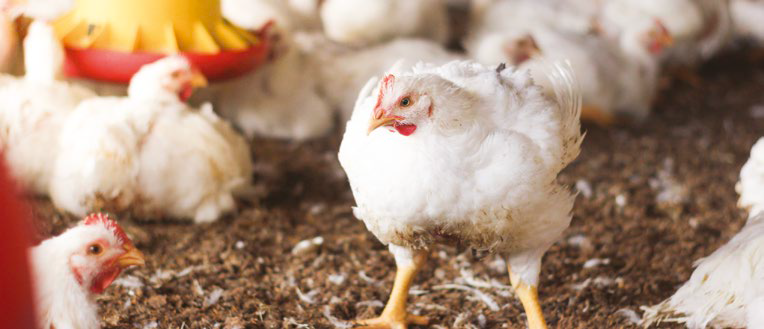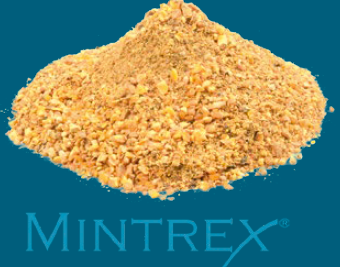
Animal Nutrition
Broiler Meat and Carcass Quality: Mineral Nutrition is Key
To read more content about aviNews International December 2023
Animal Nutrition
To read more content about aviNews International December 2023
You’re cooking dinner—chicken again. You open a package of chicken breasts, and what do you expect to see? Plump, pink chicken that is untarnished in any way.
It’s critical that the food system provide a consistent experience to consumers each time they open a package of chicken breast for dinner.
Due to the rapid growth of modern broilers, they are susceptible to several meat and carcass quality issues, including:
Woody breast
Significantly impacts meat texture and taste, affecting consumer acceptance.
White striping
Connective tissue creates white “stripes” of variable thickness across the breast muscle, affecting meat quality.
A term for a muscular abnormality affecting the integrity of the muscle, leaving a stringy, soft consistency due to the poor cohesion of muscular fibers.
Each of these abnormalities is scored in a rating system based on severity from 0-3 (none-severe).
These meat and carcass quality issues can be caused at all stages of the bird’s life.
At the farm level, the incidence of foot pad dermatitis may require increased labor expenses needed to maintain clean, dry bedding to result in higher-quality meat.
For slaughterhouses, the presence of these issues can call into question the carcass and breast meat yield, skin integrity, bruising, or even broken bones of the birds.

Although meat quality issues may affect meat appearance, they do not pose any food safety risks to consumers. However, they canstill significantly impact producer profitability.
Heavier birds with rapid growth seem to be more prone to these meat and carcassquality issues.
A hypothesis of why this is the case is that broilers with a higher rate of muscle growth have increased metabolic and circulatory demands,leading to the accumulation ofmore metabolic waste products likeoxidative free radicals.
One strategy poultry producers can implement to avoid these issues is to reduce broiler growth rate through dietary restrictions that decrease some nutrients.
Exogenous antioxidants have been successfully tested and shown to help reduce these myopathies.
In an organic form, these trace minerals also help in the regeneration process, if damage occurs.
Several studies indicate that highly bioavailable trace minerals in the form of bis-chelates can help reduce broiler breast tissue challenges by up to 50%.

A trial at the University of Pretoria in South Africa2 found that a strategy replacing inorganic mineral sources with reduced levels of organic trace minerals (as MINTREX® Bis-Chelated Trace Minerals from NOVUS) helped support meat quality and footpad health while allowing heavy broilers to maintain growth and feed efficiency.

In the study, birds fed bis-chelated copper, manganese and zinc showed a significant improvement in footpad health, resulting in more saleable paws when compared to those fed inorganic mineral sources.
The trial also showed the greatest final mean body weight at 35 days of age, while maintaining a similar feed conversion ratio.
These results show that levels of inorganic copper, manganese, and zinc at 8 mg/kg, 32 mg/kg, and 32mg/kg respectively are insufficient for maintaining high carcass yields and low carcass condemnations in broiler production.
For more information on incorporating bis-chelated trace minerals into broiler diets, visit novusint.com.
About Novus
Helping animals reach their full potential since 1991.
We are a smart nutrition company.
Smart nutrition is a novel combination of experienced people, insightful perspectives and smarter solutions that allow us to put more into everything we create.
That’s smart nutrition.
And we are Novus International. We combine global scientific research with local knowledge to develop advanced and innovative technology that helps protein producers achieve better results.
NOVUS is privately owned by Mitsui & Co., Ltd. and Nippon Soda Co., Ltd. Headquartered in Chesterfield, Missouri, USA, and serves the livestock industry worldwide.